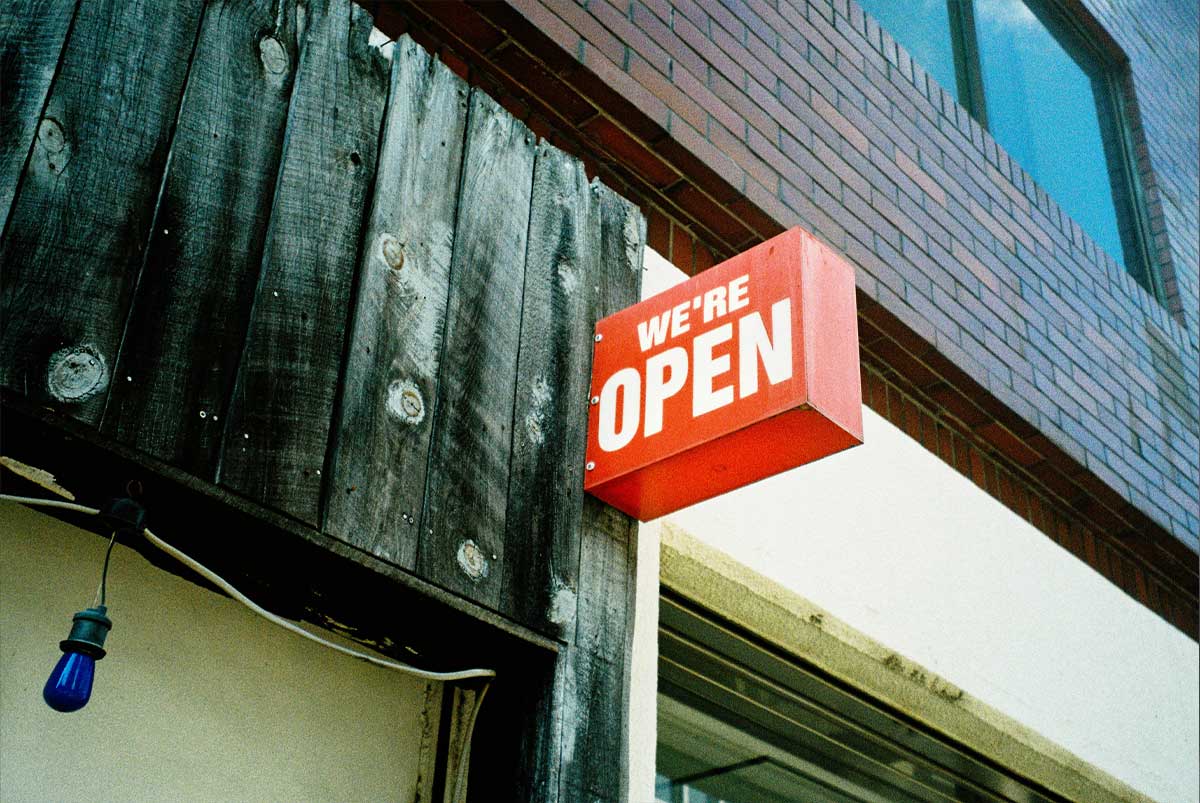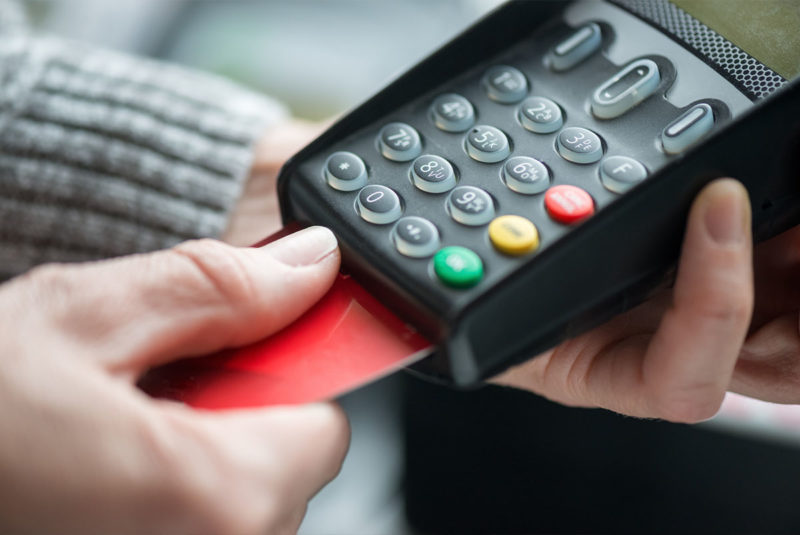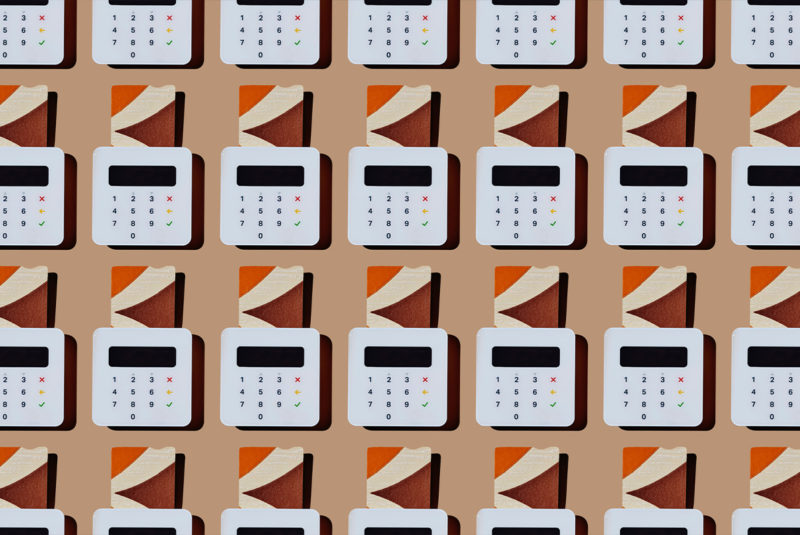Are you feeling buyer’s remorse about a credit card you just got?
Maybe you felt pressured into getting a credit card at your favorite store’s checkout line, but now you’ve changed your mind.
You may feel compelled to simply avoid activating the card — after all, if it’s not activated, the account’s not open, right?
Unfortunately, even if your card is not activated, the account is probably open.
Your credit scores may be better off if you leave it open and don’t use it, as long as the card doesn’t have an annual fee.
Is My Credit Card Account Open Even if I Didn’t Activate the Card?
When you apply for a credit card, you’re agreeing that you want the account open if you are approved. So, in most cases, your credit card account will be opened automatically upon approval, even before your physical credit card is activated.
For security, a credit card usually needs to be activated once you get it in the mail, before you can use it. Even if the physical card is deactivated, the account can still be open and active.
This can help prevent an unauthorized person from stealing a new credit card from your mailbox and using it. However, activating the card isn’t the same as opening the account.
You’ll often be able to use the account before you get your physical card by accessing your account information digitally.
You can always close a credit card (as long as it’s paid off), but the impact of closing it is the same whether you activated a card or not.
Do I Have To Pay the Annual Fee if I Don’t Activate the Card?
If you applied for a card with an annual fee and you were approved, it’s likely the account is open and you owe the annual fee.
But if you don’t want the card anymore, you may be able to contact the credit card issuer and ask a representative to waive the fee. If you haven’t activated or used the card yet and plan to close it immediately, that may help your case.
Some issuers will give you a prorated refund on the annual fee, so if you close the card within a year you’ll get a partial refund. If it’s not part of the card issuer’s policy, there’s no reason an issuer is obligated to waive the annual fee, since you agreed to it by applying for the card. But if you ask nicely the issuer may waive the fee as a courtesy.
How Long Do You Have to Activate a Credit Card?
Once you’ve received your credit card in the mail, you’ll probably want to activate it ASAP. Many issuers have no time limit to activate their cards, while some give you around a couple months.
But if for some reason the card slips your mind, or you simply find yourself too busy to carve out the few minutes required for the activation process, you might wonder how long you actually have to activate your credit card once it’s in your hands.
As is common in the world of credit cards, the answer varies significantly based on the issuer. We contacted several major issuers to confirm their policies.
Credit Card Activation Timeframes
- American Express: You generally have 45 days to activate the card. If it’s not activated within 45 days, the card may be deactivated, and you’ll have to request a replacement.
- Bank of America: There’s no time limit to activate the card, and the card will not work until it’s activated.
- Capital One: There’s no time limit to activate the card, but if it’s not activated for 24 months, the issuer may send notification letters. Your Capital One card may work for certain online purchases before activation, but will not work for physical purchases.
- Chase: If your card isn’t activated within 60 days, Chase will activate it for you. The card can be used before it’s activated. According to a Chase contact, their activation process is more like a confirmation that you got the card than actual activation.
- Citi: There’s no time limit to activate the card, and the card will not work until it’s activated.
- Discover: There’s no time limit to activate the card, and the card will not work until it’s activated.
If your issuer isn’t covered above and you’re worried about whether too much time has passed since you first got the card, simply call the credit card company in question, and a representative should be able to lend a hand.
Closing a Credit Card Account
Whether you’ve activated the card or not, the impact of closing the account will probably be the same.
When you applied for the credit card, a hard credit inquiry was added to your credit reports. That means a bank looked at your credit reports. It is a normal part of the process when you apply for a credit card, whether you’re approved for a card or not. Hard inquiries usually have a negative impact on your credit scores, and stay on your credit reports for two years, even if you close the account.
Since you already got the hard inquiry and opened the account, you may be better off just leaving the card open and not using it, as long as it has no annual fee. The additional credit limit you have available can help your credit utilization, and the age of the account could help your credit scores by increasing your average account age over time.
The Short Version
- Your credit card account is usually opened the moment you’re approved, even if you don’t have the physical card
- Sometimes you’ll have to activate the card once you get it, but the amount of time you have to do so varies by issuer
- If you applied for a card with an annual fee and you were approved, it’s likely the account is open and you owe the annual fee




